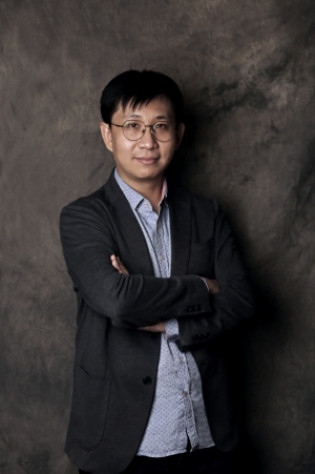Doctoral thesis defence: Qing Cao
Seminar
;)
- Time
- 16 December, 2022, 09.00 – 12.00
- Location
- online
Qing Cao will defend his PhD thesis “The Banwan Project, from experiment to model?” on December 16th. The defence will be in English.
The title of the trial lecture will be: “Characteristics, role and problems of a model for Chinese rural village development – its actors and agency”.
You can read the thesis here.
Please note that the defence will be online.
Summary of the thesis
Rural villages in China are being affected and transformed by an intense national, regional and local process of urbanization. The process affects the physical environment and the architecture. There is strong pressure on traditional village structures that are based on traditional principles for organization, building typology, and iconography. This Ph.D. research is based on a case study of the current development in Banwan village in the Guizhou province.
This thesis focuses on the environmental, spatial, morphological, and more specific architectural challenges and changes in the village. The intention is to establish a discussion of how a traditional agricultural village in a remote part of China populated by an ethnic minority, adapts to the new urban situation, with the intention of not losing itself, culturally, architecturally, and economically.
The investigation reveals that the Banwan experience indicates a new model for rural renovation in China. Referring to the lessons learned, the thesis proposes that several adaptations should be made for the Banwan expert/architect strategy to stand out and work as a possible model in specific situations.
About the candidate
Cao Qing (1984) is an architect and researcher with more than fifteen years of experience in architecture. His research interest includes urban/rural development and urban/rural strategies in China, rural reconstruction models, vernacular architecture, and the built environment. He is also interested in the research on questions of performance-oriented design (including buildings, installation, and furniture), alternative approaches to sustainability, locally specific architecture, urbanism, and Landscape architecture. He holds a master of architecture from the Southern California Institute of Architecture (SCI-Arc) in Los Angeles, and a Bachelor of Engineering in the School of Architecture from the Central Academy of Fine Arts (CAFA) in Beijing.
Supervisor: Karl-Otto Ellefsen
Committee:
Cecilie Anderson
Yu Li
Christian Hermansen



